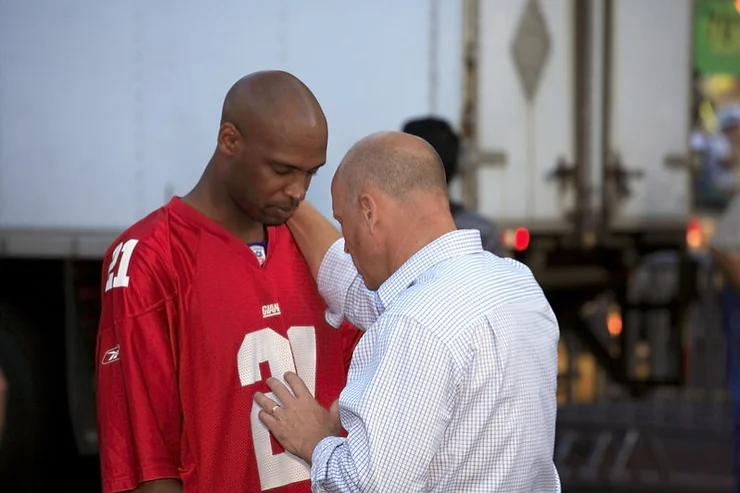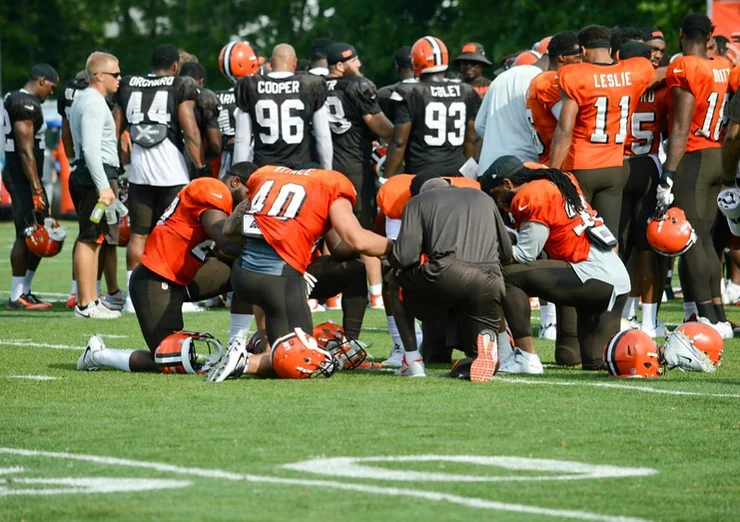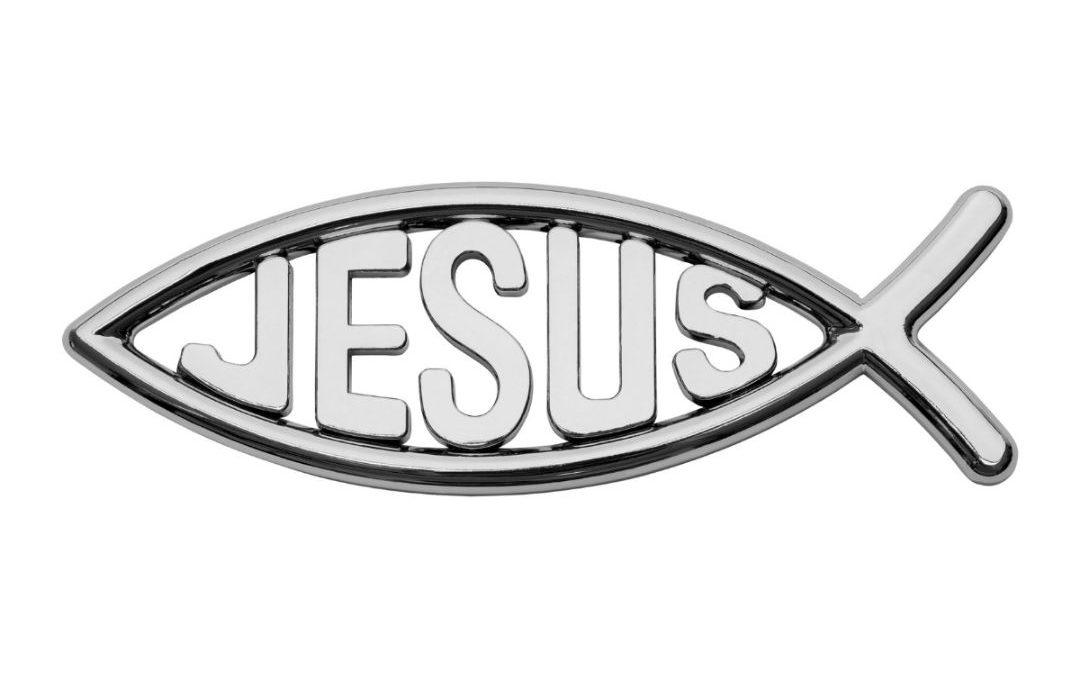Early in my Christian walk, I was faced with many questions regarding my new life’s new purpose. Has my life changed? Should it have? How should it change? What should a Christian life consist of?
The mystery of the Christian life
Consider the New Testament. It begins with four Gospel accounts, followed by a narrative of the Acts of the Apostles and the origins of the Christian church.
22 books later, we get the book of Revelation describing, among other things, the end times and the second coming of Jesus. So what are the 21 books in the middle for? They didn’t seem necessary in light of the Gospel message I had heard. The church wasn’t really explaining this to me.
The myth of the Christian life

By this time, I was only able to identify as a Christian for possibly three to four months. But what this guy was saying just couldn’t be right. What good was heaven if it was full of people who acted like this guy? Christianity had to mean more than that.
This was probably the pivotal event in my new Christian life that drove me to open the Bible and begin reading it for myself. God works in mysterious ways.
We’re saved, right? By grace, through faith, as the Scripture goes (Ephesians 2:8). If you ask a hundred Christians, and I have (which was probably another side effect of this guy’s explanation of salvation), what “being saved” means. We get many answers, but they seem to concentrate on eternal life and going to heaven when we die. Very little is ever said about the Christian’s life in the here and now.
The questions

I didn’t understand why we had eternal life and now got to go to heaven, but needed to run a good race, love our enemies, and work out our salvation with fear and trembling.
Was this new ‘list’ necessary preparation to fit in with the angels when we get to heaven? Why do those who die immediately after their conversion go to heaven while those of us who live go through the process of sanctification first? Was sanctification not necessary for the others?
Here is the disconnect; it was obvious that I couldn’t find the answers to any of these questions just by attending church on Sundays. And asking a hundred Christians didn’t help me either.
While it would be easy just to say, “read your Bible” (and I am saying that), I still feel a need to challenge the way the church teaches us to live Christian lives. They’re usually long on the what, but short on the why.
If we are saved, and nothing in all creation can separate us from the love of God in Christ Jesus our Lord (Romans 8:38-39), and we are guaranteed eternal life in heaven, why are we still here? Why weren’t we transmitted to glory immediately?
The purpose of the Christian life
We love our neighbors so long as they’re also Christians (even better if they’re the same religion as us), and we pray for them when they get sick. We say we believe in God. Do we really think that’s living the Christian life?
- put off our old selves, and put on our new selves (Ephesians 4:22-24)
- not be conformed to this world, but be transformed by the renewing of our minds (Romans 12:2)
- not lose heart (2 Corinthians 4:16)
- cast out our anxieties on God (1 Peter 5:7)
- count it all joy (James 1:2)
- be steadfast, immovable, always abounding in the work of the Lord (1 Corinthians 15:58)
- let all that we do be done in love (1 Corinthians 16:14)
- forgive one another (Ephesians 4:32)
- not be anxious and present our requests to God (Philippians 4:6)
- set an example for other believers in speech, conduct, love, faith, and purity (1 Timothy 4:12)
- love God (Mark 12:30), our neighbors (Mark 12:31), and our enemies (Luke 6:27)
- be subject to rulers and authorities, be obedient, be ready to do whatever is good, slander no one, be peaceable and considerate, and always be gentle toward everyone. (Titus 3:1-2)
- run with perseverance the race marked out for us (Hebrews 12:1)
- confess our sins to each other (James 5:16)
- watch out that you do not lose what we have worked for (2 John 1:8)
- demonstrate the fruit of the Spirit: love, joy, peace, patience, kindness, patience, goodness, faithfulness, gentleness, and self-control (Galatians 5:22-23)
I quickly learned that there is no aspect of the Bible that can be fully understood without a working knowledge of the entire Bible.
The answers
It is easy to think of the Jewish faith as one different from the Christian faith because both designations still exist today. In the context of the entire Bible, however, Jesus Christ was the Messiah promised to the Jewish people in the Old Testament (Deuteronomy 18:15-19).
In other words, Jesus, a Jewish Man and the Son of God, came/was sent to fulfill the promises made to (and always planned for) the Jewish people. Jesus was simply the very next event in the Jewish story.
Unfortunately, when Jesus enters the picture in the New Testament, the Jewish story is often forgotten by most churchgoers. Today, some churches and their pastors never even teach from the Old Testament.
The Jews’ purpose
Until that Messiah came, the Jews’ purpose was to be a holy people and glorify God in the sight of all the nations around them. Let’s look at a few verses with some emphasis added:
Now therefore, if you will indeed obey my voice and keep my covenant, you shall be my treasured possession among all peoples, for all the earth is mine; and you shall be to me a kingdom of priests and a holy nation.’ (Exodus 19:5-6a)
Keep [God’s laws] and do them, for that will be your wisdom and your understanding in the sight of the peoples, who, when they hear all these statutes, will say, ‘Surely this great nation is a wise and understanding people.’ For what great nation is there that has a god so near to it as the Lord our God is to us, whenever we call upon him? (Deuteronomy 4:6-7)
I am the Lord; I have called you in righteousness; I will take you by the hand and keep you; I will give you as a covenant for the people, a light for the nations. (Isaiah 42:6)
All your works shall give thanks to you, O Lord, and all your saints shall bless you! They shall speak of the glory of your kingdom and tell of your power, to make known to the children of man your mighty deeds, and the glorious splendor of your kingdom. (Psalm 145:10-12)
The Christians’ purpose

In glorifying God, the Christians are to be a light to the nations (all non-believers) around us, thereby attracting them and then sharing the Gospel. From there, God does the rest, but this is the pattern… this is the Christian life.
We see this in the New Testament:
But you are a chosen race, a royal priesthood, a holy nation, a people for his own possession, that you may proclaim the excellencies of him who called you out of darkness into his marvelous light. (1 Peter 2:9)
Jesus Christ our Lord, through whom we have received grace and apostleship to bring about the obedience of faith for the sake of his name among all the nations. (Romans 1:4-5)

Strive for peace with everyone, and for the holiness without which no one will see the Lord. (Hebrews 12:14)
So, whether you eat or drink, or whatever you do, do all to the glory of God. Give no offense to Jews or to Greeks or to the church of God, just as I try to please everyone in everything I do, not seeking my own advantage, but that of many, that they may be saved. (1 Corinthians 10:31-33)
But we have renounced disgraceful, underhanded ways. We refuse to practice cunning or to tamper with God’s word, but by the open statement of the truth we would commend ourselves to everyone’s conscience in the sight of God. For what we proclaim is not ourselves, but Jesus Christ as Lord, with ourselves as your servants for Jesus’ sake. For God, who said, “Let light shine out of darkness,” has shone in our hearts to give the light of the knowledge of the glory of God in the face of Jesus Christ. (2 Corinthians 4:2, 5-6)
The warning
“You are the salt of the earth, but if salt has lost its taste, how shall its saltiness be restored? It is no longer good for anything except to be thrown out and trampled under people’s feet. “You are the light of the world. A city set on a hill cannot be hidden. Nor do people light a lamp and put it under a basket, but on a stand, and it gives light to all in the house. In the same way, let your light shine before others, so that they may see your good works and give glory to your Father who is in heaven. (Matthew 5:13-16)

“Let me tell you why you are here. You’re here to be salt-seasoning that brings out the God-flavors of this earth. If you lose your saltiness, how will people taste godliness? You’ve lost your usefulness and will end up in the garbage. “Here’s another way to put it: You’re here to be light, bringing out the God-colors in the world. God is not a secret to be kept. We’re going public with this, as public as a city on a hill. If I make you light-bearers, you don’t think I’m going to hide you under a bucket, do you? I’m putting you on a light stand. Now that I’ve put you there on a hilltop, on a light stand—shine! Keep open house; be generous with your lives. By opening up to others, you’ll prompt people to open up with God, this generous Father in heaven. (Matthew 5:13-16, The Message)
The Christian is sanctified by God, made more into the image of His Son so that when we are seen by others, it glorifies God and, if God wills, may begin the process of drawing them nearer to Him.
So, how do we live godly, Christian lives? We love God, love our neighbors, love our enemies, and demonstrate fruit. We live the lives described in the 21 books in the middle. We work out our salvation with fear and trembling.
We begin to resemble God’s Son when there is fruit in our lives. I once heard it explained that when God judges a follower of Jesus, He only sees Jesus because Jesus clothed us in His righteousness. But I don’t think He would be able to see Jesus unless He could see fruit.
What do you think?
Scripture quotations are from the ESV® Bible (The Holy Bible, English Standard Version®), copyright © 2001 by Crossway, a publishing ministry of Good News Publishers. Used by permission. All rights reserved.

